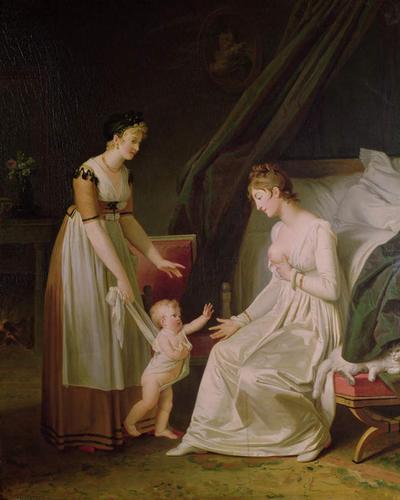Share a mother’s story, her words reflect the doubts many parents have in their hearts: why do some children seem like angels sent to repay their parents’ kindness, while others seem like they are coming to collect debts from their parents? Although this view may be somewhat exaggerated, it touches on a core issue: Is a child’s attitude towards their parents innate, or is it a product of environment and education? Next, we will explore this theme and discuss how to cultivate a child’s heart of gratitude.
When children appear indifferent, it is often related to their inability to love. Just as someone who is not good at cooking cannot make delicious dishes, a child lacking the ability to love finds it hard to understand the importance of caring for others, making it difficult to put that understanding into practice. So, what causes children to become distant, seemingly only knowing how to ask for things from their parents?
First, tension between parents can directly affect the child. When laughter and happiness fill the home, children can feel the beauty of interpersonal relationships; conversely, if the home is filled with arguments and conflicts, what they learn is that even those close to them can harm each other, leading them to build walls of indifference in their relationships for self-protection.
Secondly, parents unintentionally rejecting their children’s expressions of love is also a reason for that indifference. When children attempt to express love through small gestures but are met with denial or neglect, over time, they may come to feel that their love is insignificant, leading them to hide their emotions to avoid disappointment.
Moreover, excessive pampering, placing the child at the center of the family, may lead to the development of a self-centered personality. Such children become accustomed to being the focus and find it challenging to empathize with others, making it naturally difficult for their ability to love to develop.
To cultivate children who understand gratitude, one must start from everyday small matters: teach children to say “thank you” and “sorry,” allowing them to learn gratitude and reflection through their parents’ role modeling; encourage sharing, whether material or emotional, which can enhance children’s emotional expression and empathy; promote independence, allowing children to make mistakes and learn while doing chores and other tasks, which not only boosts their confidence but also fosters a sense of social participation.
Every child is unique, and their behavior and attitudes are the result of both nature and nurture. As parents, we should guide them to become warm and grateful members of society by nurturing their ability to love and be loved. In this process, maintaining patience, understanding, and support is crucial, working together to create a nurturing environment filled with love and gratitude for our children.


